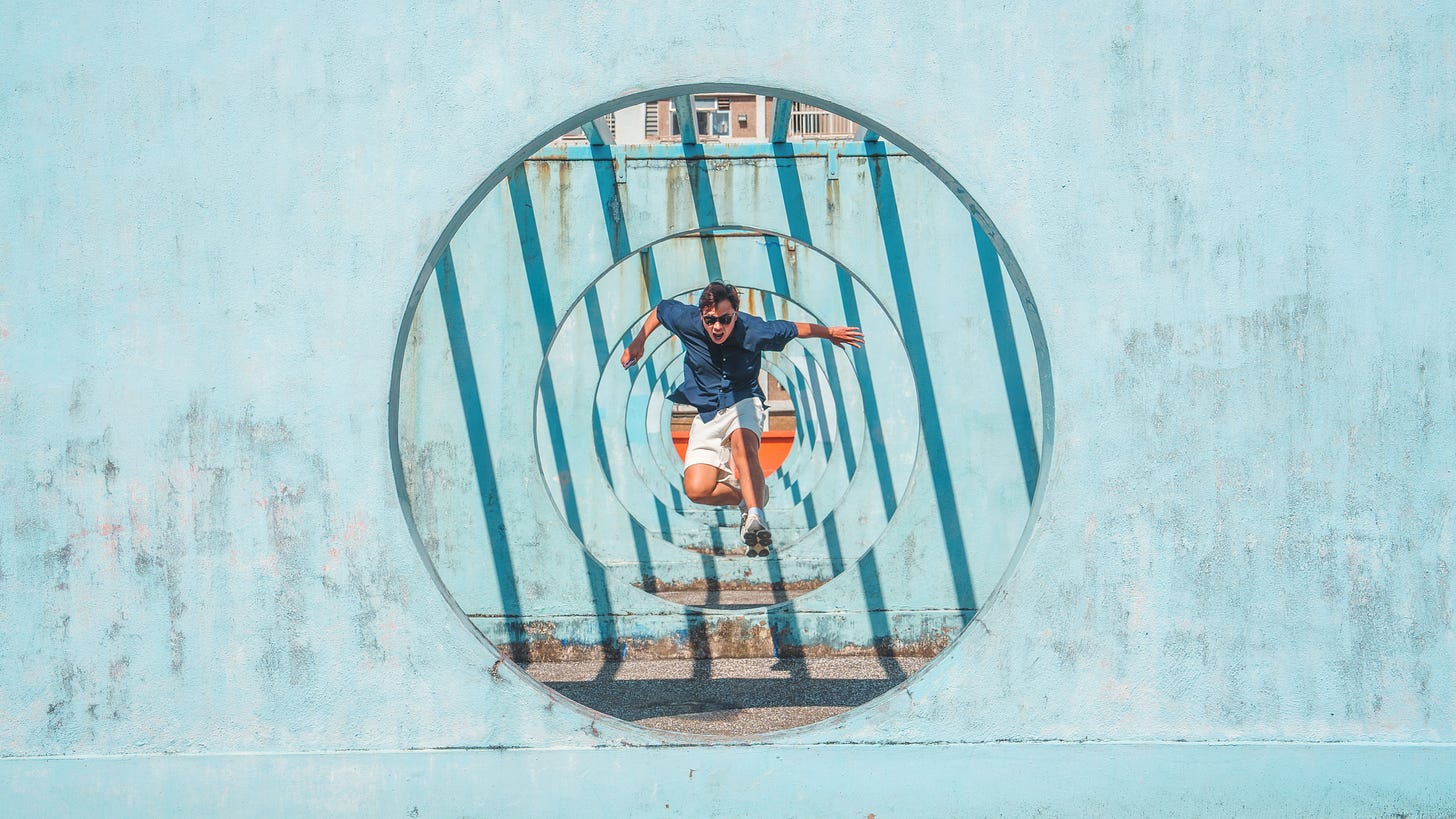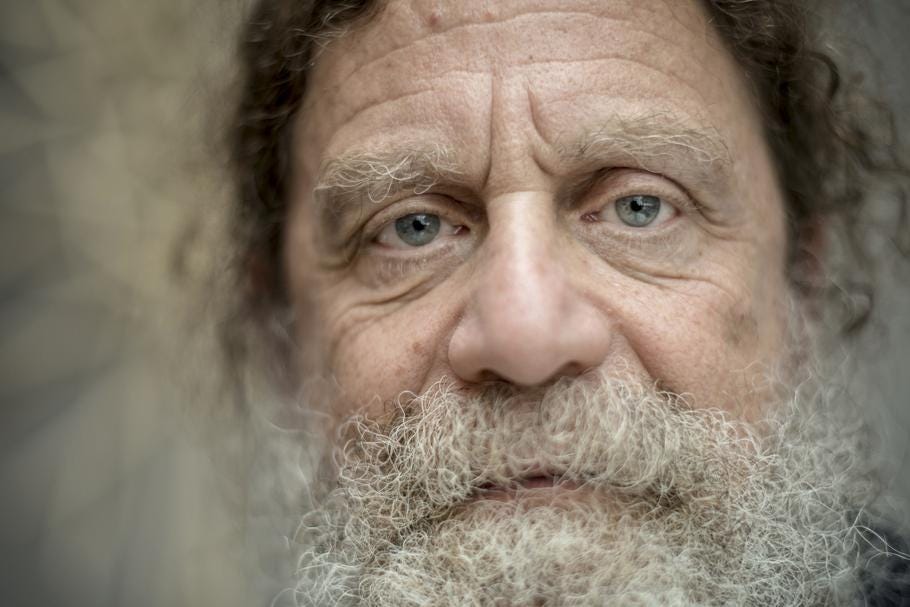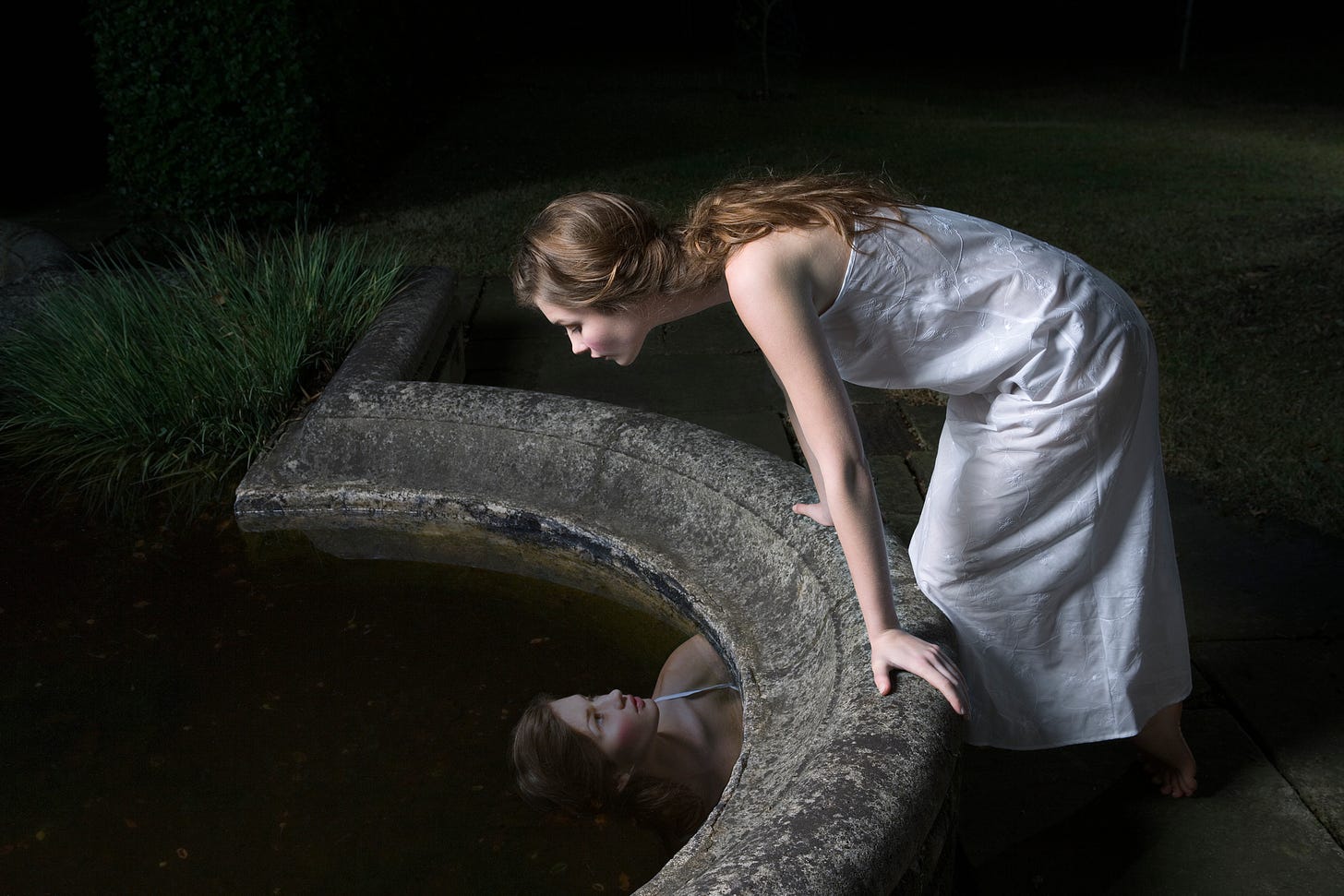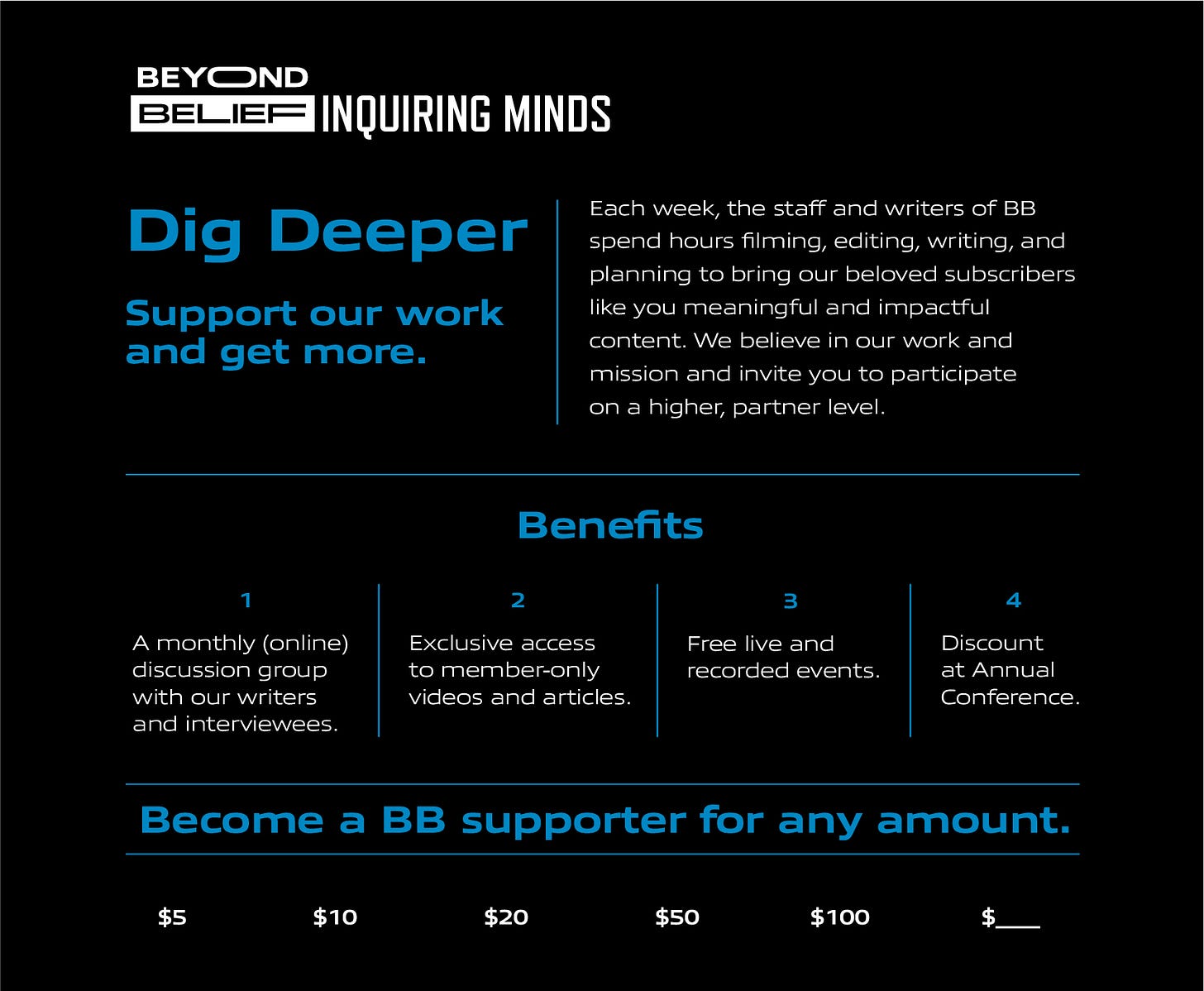The Restricted Circle Of Your Potential Being
How to increase your possible consciousness and access more of your soul's resources.
In each of us, there is another who we do not know
– Carl Jung
Who are you? I really want to know
– The Who
How we see ourselves colors every aspect of our lives. Whether we think of ourselves as small, constrained, and isolated, or vast, powerful, and connected can be the difference between despair and hope. William James, considered the father of modern psychology, claims that we are missing out on something very large and powerful that is the true reality of who we are. He writes: “Most people live, whether physically, intellectually or morally, in a very restricted circle of their potential being. They make use of a very small portion of their possible consciousness, and of their soul’s resources in general, much like a man, who, out of his whole bodily organism, should get into a habit of using and moving only his little finger.”1 What might he be telling us?
There’s a beautiful lecture given by Swami Rama Tirtha, a mathematics professor and teacher of Hindu philosophy living in the late eighteenth century, on the nature of our true selves. In an attempt to teach a young prince how powerful he is, he asks him to consider what he did that day. The prince offers the standard answers. He woke up, he talked to friends, he ate his meals, he sat with and listened to his Swami. He continued with all the day-to-day events that happened. Surprisingly, the Swami says to the young prince that he has left out almost everything. He tells him he did thousands or even millions more things that day.
The prince, incredulously, asks him what he means. So the Swami reminds him that he also performed uncountable miraculous acts, including the myriad processes that allowed for all those events to take place. He tells him that he activated the neurons that led to his awakening from sleep, that he controlled his larynx and vocal cords to produce speech, that he performed digestive actions and assimilated the nutrients he needed from his meal, that he controlled his ocular and olfactory systems to see and hear his Swami, and that he circulated his blood and respiratory systems so as to remain alive throughout the process. The Prince is elated. “Yes! I did all those things too!”, finally understanding just how powerful and wonderful a being he is.
We tend not to look at things this way under our rationalist scientific worldview. We tend to think that the only actions “we” perform are those that are under our conscious control. We may have woken up, but we did not consciously awaken ourselves. Some bodily process beyond our control woke us up. We may have consciously decided what to say to our friend, but we had no control over the functioning of our vocal cords. We don’t seem to be the ones circulating our blood and activating our neurons.
Image: Robert Sapolsky, newsweek.pl
The brain has approximately 80 billion neurons in it that make trillions of connections with each other. It is one of the most complicated systems in the universe. How could we control that? Our current materialist worldview dictates that it’s the opposite. We are under the control of our bodies and brains. For some, even this amount of control is a fiction. A headline news story last month proclaimed that well-known Stanford neuroscientist, Robert Sapolsky has concluded, after decades of study, that we have no free will. He denies that even the conscious part of ourselves performed any of the actions we think it did let alone any other part of us. He argues that we are under the full control of our brains and environment. There’s actually no “I” for Sapolsky. There is just a bundle of impulses acting in no other way than they do. We are basically very complicated automata.
You couldn’t find two more opposing views than Sapolsky’s and the Swami’s. So who is right?
I have to admit that the possibility that somehow “I” am not only the thing that consists of the breathing, the circulating, the neural processing, and all the rest of what makes me human, but also that “I” am the one responsible for all of that to happen, is not easy to accept. It feels a bit arrogant and delusional. But is that because we try to understand it through the limited, consciously available part of ourselves? And is it because we have been raised in a scientific worldview that cannot accept that?
We know from neuroscience that our conscious lives are the tip of the iceberg when it comes to the massive amount of data that is being processed beneath the surface. For example, we don’t remember all the events of our lives at every moment, but when we want to we can retrieve the memories that are “stored” somewhere outside of our purview. Psychology also tells us the same thing. The entire field wouldn’t exist if it weren’t for the fact that there appears to be a vast storehouse of information outside of our conscious view. Freud called it the subconscious, Jung, the unconscious, both personal and collective. We know that much of our behavior is dictated by these dark recesses. Dark, because “we” don’t seem to have access to them. Whatever is in that realm is not available and for most of us seems to not really be a part of us, and certainly isn’t under our control.
But, according to the Swami “people make a huge mistake when they admit only those acts to be performed by them which are performed through the agency of mind or intellect. All the other deeds are disclaimed entirely. They are entirely cast aside, they are entirely neglected, and by this neglect and by this mistake, by this imprisoning the real Self in the little mind, identifying the Infinity with the small brain, people are making themselves miserable and wretched.” 2
Here he's given us a clue: there is a real self that we haven’t taken notice of because our focus is on something too small. The Swami wanted the boy, and all the rest of us, to see the possibility that our notions of ourselves, who we truly are, is vastly larger than we’re used to conceiving it to be. And that who we truly are has powers beyond our comprehension.
How much is in that vast field existing under our narrow focus? What would it be like to begin to expand our consciousness to the entirety of us and not just to our little finger? Is this where the possibility of true genius, supernatural abilities, accurate intuition, and miraculous synchronicities can come to the forefront? What happens if our focus is on that instead of our small mind. How can we begin to do that? This is what true meditation is about, what every spiritual tradition points to. Get out of your small mind, slow it down, achieve a space from thoughts and their constraints, and enter the larger vastness that is the true self. Rest in there and find out who you really are. You may find some miraculous things when you discover all the things you truly did today and what you may do tomorrow.
Letter to Wincenty Lutoslawski, 6 May 1906
In Woods of God-Realization Volume 1 p. 202








I'm quite happy to go along with Descartes on this. But also, I do know that the flap of a butterfly's wings can influence events thousands of miles away. Contradictory? No. Paradoxical? Maybe. But it all fits together. We have to try to be useful and good to others as well as to ourselves.